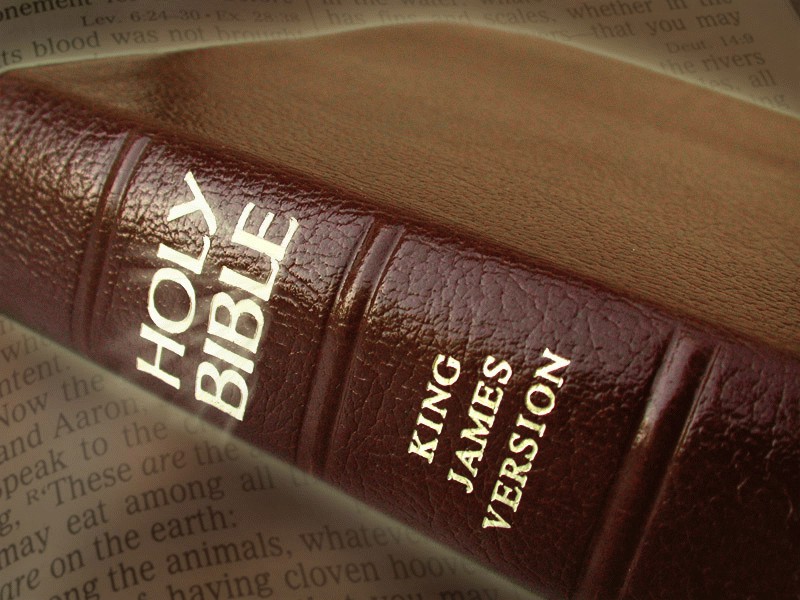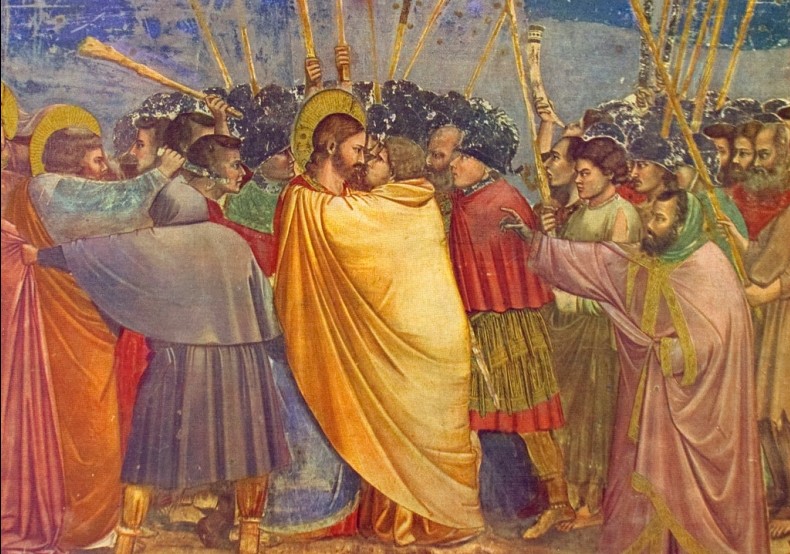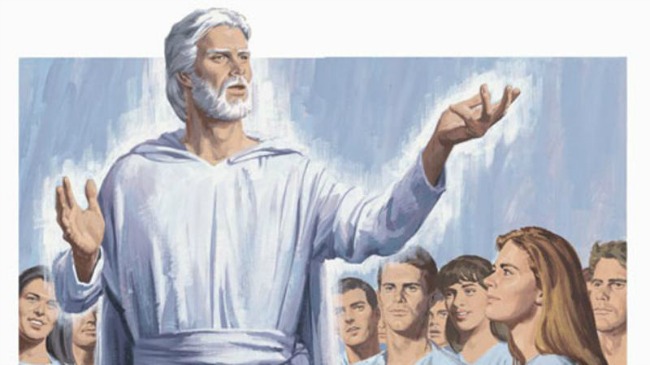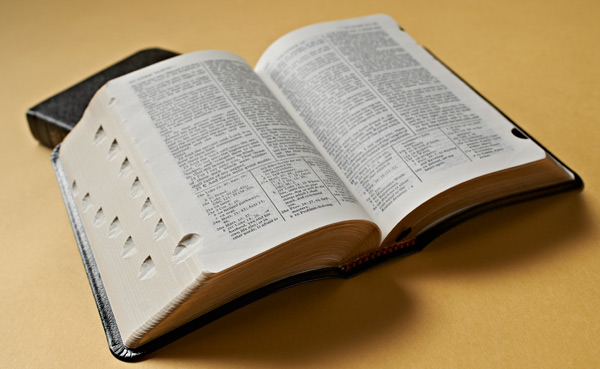Dear Gramps,
I have noted that there are different ways the Bible uses the word “Lord”, particularly in how one is “Lord” and the other is “LORD”. What’s the difference? I know it means something, but I don’t know what it is. Is this some kind of distinction between Father and Son?
Bob, from Seattle, Washington
Dear Bob,
The two renditions of the word, Lord/LORD, have two distinct meanings. The word, Lord, is the English translation of the Hebrew, Adonay, and in the biblical context refers to a person of honor and respect. The word, LORD, is translated from the Hebrew, Yhovah, the English rendition of which is Jehovah. Jehovah is the designation of the Lord, Jesus Christ, who is actually the God of the Old Testament. The word, LORD, is used to avoid the too frequent repetition of the sacred name, Jehovah, which is used only four times in the Old Testament–in Exodus, Psalms and Isaiah. The name used in the Old Testament for God the Father is ‘elohiym, which is actually a plural form, but is used as a singular form to designate God the Father.
There is much confusion in the sectarian world over the two terms–most of the Protestant Churches believing that Jehovah refers to God the Father, and that Jesus Christ first appeared on the scene at His mortal birth. However, that confusion is cleared up by two Old Testament scriptures. First, we learn in Exodus 6:2-3 that Jehovah actually represented Himself in early times as God the Father—
And God [‘eloheim] spake unto Moses, and said unto him, I am the LORD [Yhovah]: And I appeared unto Abraham, unto Isaac, and unto Jacob, by the name of God Almighty, [‘el Shadday] (Shadday meaning Mighty) but by my name JEHOVAH was I not known to them.
In Zechariah 12:8-12 the LORD specifically identifies Himself with Jesus Christ, who was crucified—
In that day shall the LORD [Yhovah] defend the inhabitants of Jerusalem; and he that is feeble among them at that day shall be as David; and the house of David shall be as God [‘elohim], as the angel of the LORD {Yhovah] before them. And it shall come to pass in that day, that I (Jehovah) will seek to destroy all the nations that come against Jerusalem. And I (Jehovah) will pour upon the house of David, and upon the inhabitants of Jerusalem, the spirit of grace and of supplications: and they shall look upon me (Jehovah) whom they have pierced, and they shall mourn for him (Jehovah), as one mourneth for his only son (Jesus Christ), and shall be in bitterness for him (Jehovah), as one that is in bitterness for his firstborn (Jesus Christ).
Gramps







